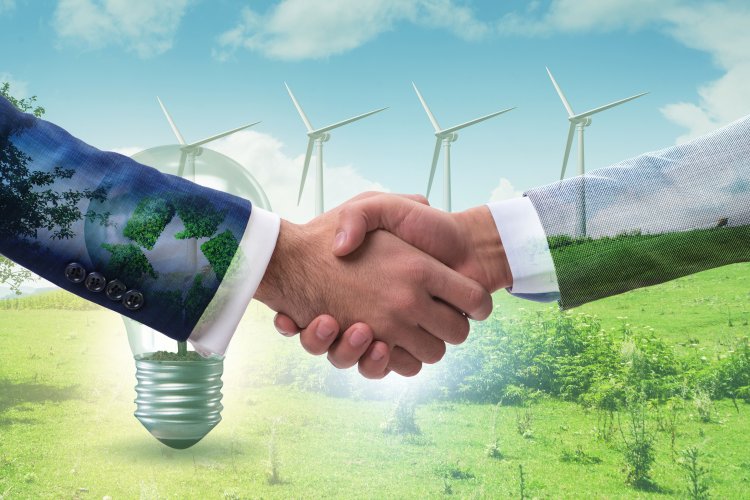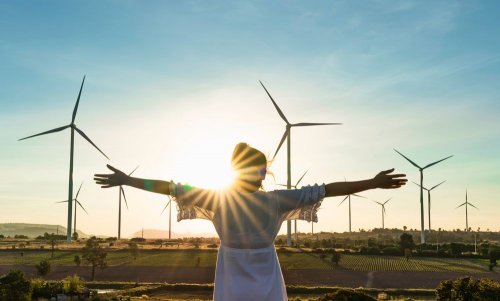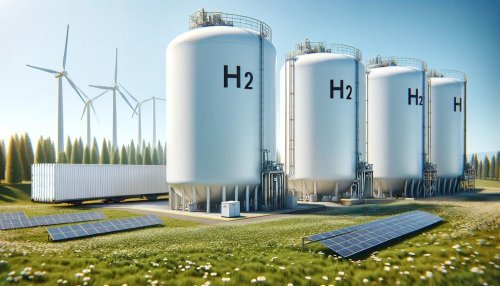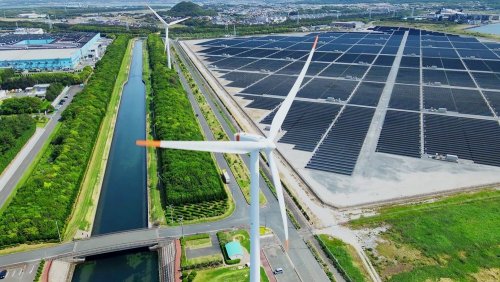Researchers from Leiden-Delft-Erasmus University in the Netherlands say that the focus of the EU's energy transition should be to shift from fossil fuels to critical metals.
This is stated in a new analysis of the geopolitical context in which the EU Green Deal is being promoted, reports Mining.
The researchers believe that given the resources available in the EU, the continent will have to build its own mining and refining facilities to reduce its dependence on raw materials, as well as to facilitate the use of materials that will accumulate in the energy infrastructure in the coming decades.
"We will need a huge amount of steel to build the wind turbines and neodymium for the magnets to replace the high-maintenance gearbox," said Rene Klein, one of the study's co-authors. – "We will also need a lot of copper for cables, nickel and lithium for making batteries, and we have to produce a lot of solar panels based on different materials, including silicon, silver, indium and tellurium."
In his opinion, there is no shortage of ores that need to be mined. But supply chains must keep up with the rapidly growing demand, because for some metals, global production should increase 20-50 times by 2050.
However, the construction of a new mine can take up to 20 years.
"This means that all the major industrial countries are fighting for these metals, which leads to an increase in geopolitical tension. We will also see a shift in geopolitical power, as the metal ores are not located in the same countries as the coal, oil and gas," the material said.
Klein noted that Europe made a big mistake by not building up its oil refining capacity and becoming dependent on other countries for oil, coal and gas, as well as the resources needed to implement the energy transition. Meanwhile, China has become a major producer of critical raw materials, particularly cobalt, which is mined in the Congo but then immediately shipped to China for processing.
The researchers believe that for the EU to overcome its dependence on other countries, it is important to allow some government and community involvement, as there is not enough free market for the expansion of critical raw materials.
It is also important to create sufficient capacity to transition from a system based on extraction to one based on availability.
"We will be much less dependent on input resources when we build enough wind turbines, install enough solar panels, build enough batteries and be able to produce hydrogen on a large scale. After all, wind and solar energy are free resources," Klein said.
However, he added that a sense of urgency is needed to realize this vision. The war in Ukraine has shown the vulnerability of global supply chains, and dependence on a single country can lead to huge price swings. Therefore, it is necessary to diversify the most important supply chains.
For example, lithium prices are rising rapidly because demand is outpacing production, even though it is a common resource worldwide. Similarly, the price of nickel has skyrocketed, and the London Metal Exchange has even temporarily suspended trading in the metal due to the full-scale Russian invasion of Ukraine. This highlights how geopolitical aspects play a crucial role in the provision of resources in general, particularly metals, necessary for the transition to clean energy.
"Reducing Europe's dependence on imports means that we will have to build our own mining and oil refining enterprises," the document says. – "Of course, reducing our consumption is also an important priority, but the reality is that our current society needs energy, mobility and technology. We really have to ask ourselves where we want to get the raw materials that we will need in the coming decades."
For the experts behind the research, in addition to ensuring the supply of critical materials through industrial policy, circular thinking can also help reduce shortages of critical metals, which can be achieved by increasing the lifespan and recyclability of products.
We will remind a new study by REN21 found that the world is using more fossil fuels than ever, and the transition to RES has, in fact, stalled.
As EcoPoliticreported previously, Russia's war against Ukraine ended the end of the former climate policy.





